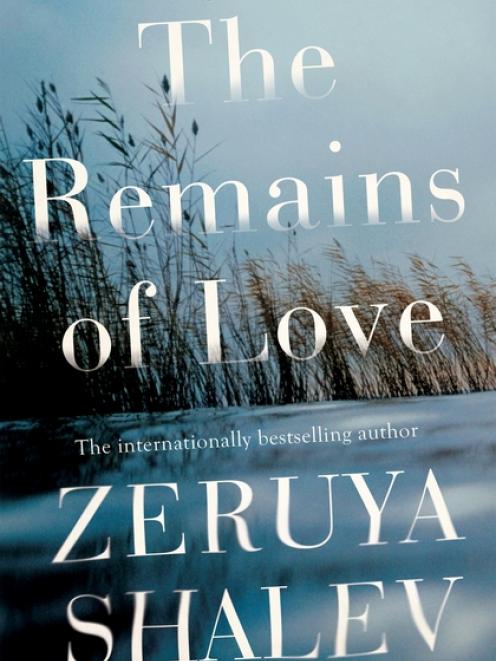
Emotions too, inner feelings, drive the action, or rather the inner feelings, the inner monologues of the characters are the action.
Reading is hard work, like trying to swim in a swirling body of rushing water, so that the ending, the last two pages, offer a temporary respite, before, beyond the novel, the flood will inexorably recommence its headlong surge.
The central theme is the intimate relationship of three generations of the Horowitz family in Israel.
The grandmother is slowly dying, recalling her own childhood and her love of the lake near her home that has since been drained to increase the land available for agriculture.
Yet that venture is a failure, the peat below the reclaimed land continues to burn and the crops fail.
The lake acts as a leitmotif throughout the book, standing, among other things, for the creative impulse, perhaps for love, that has also been ''reclaimed'' from the family over time - by the holocaust, the kibbutz, the struggles of modern life, and that life being lived in the war zone, as Israel is once described.
Yet love is also stubborn. It persists through every attempt to close it down and claims a victory of sorts on those last two pages.
Though this is a novel set in Israel, the writing is focused on the way human emotions, bonds, desires and frustrations are common across cultures.
It could, on the one hand, be anywhere, but it has a special significance when set in Israel.
The daughter, Dina, is a historian of the expulsion of the Jews from Spain in 1492, and the son, Avner, is well-known as a human rights lawyer, defending Bedouin against a justice system weighted against them: ''for long years he has fought against the stronger parties: the state, the army, security services, he has fought over territory and compensation, over flocks of sheep and mudhuts, over hovels and toilet seats, because that's where the dignity of mankind is found in the line of fire''.
Avner's fight, whilst being specific to Israel, is also about the wider fight for human dignity ''in the line of fire'' - the life of all the characters, and the novel's readers, too.
It's the ''fight'' that makes the prose so appropriate, as the reader fights for meaning - whose inner monologue belongs to this paragraph? How is it that I didn't notice the writing has shifted to another's point of view?
Dialogue is presented as part of a pattern of inner monologues. It is as if those individual points of view, all passionately held, are parts of a seamless, particular but universal story, a story about survival, about coming to terms, about grasping love out of a loveless world.
It is an urgent, passionate novel, a plea for a more selfless understanding of the dignity due to others in the indifferent flood that is human affairs.
- Peter Stupples teaches at the Dunedin School of Art.


